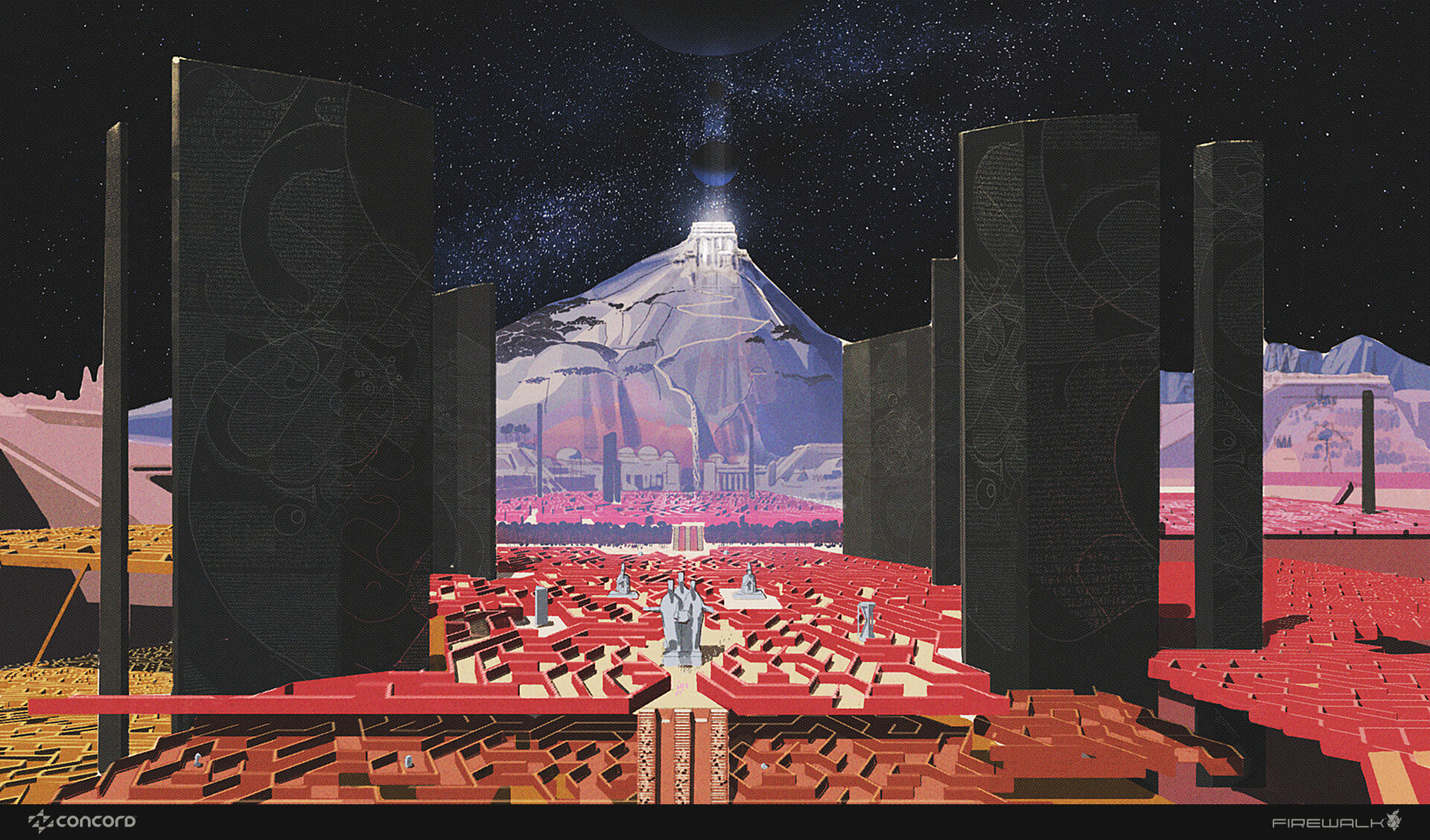How 90s club culture shaped your creative career
Writer Miranda Sawyer explores how dance music culture moulded your working life in this extract from her book, Out of Time.
Writer and broadcaster Miranda Sawyer has been an integral part of music and creative culture for three decades, and in her latest book Out of Time she explores what midlife means to her and indeed everyone who came of age in the 1990s.
In Chapter 12, Sawyer looks at work and careers, and the following extract may make some sense to those of you who spent the last decade of the 20th century as a 20-something who enjoyed club culture and all that it encompassed as you embarked upon your creative career path.

The clubbing revolution of the late 80s and early 90s had an unexpected knock-on effect on work. Somehow the unity that people found on the dance floor – the liberation, the love – led them to believe that long hours in a crappy job wasn't the way they should go. They gave up working in admin, they dropped out of college, they sacked themselves from management consultancy (boooorrrrriiiiinnng), they walked away from their job in the biscuit factory and they never went back. Shoom, one of the first ever acid-house clubs, had a newsletter. A few months after the club opened, Jenny Rampling, wife of DJ Danny, wrote an article in the newsletter pleading with Shoom regulars not to quit their jobs.
But they did. So did clubbers in the Hacienda, in the fields around London, at back to Basics, at Cream. There was something about the newness of house music – the way it confused the police and upset the establishment – that made clubbers feel they could overcome the way things had always been, revolutionize their lives, opt out of dead-end jobs and make their own way of living. So they did; or at least they tried. Some just went to clubs, couldn't find the time or mind space for anything else (maybe a bit of dealing). But others became clothes makers, or graphic designers, got into journalism. Many turned DJ, loads joined bands, others made music solo, in their bedrooms, got a track pressed and took the white label to record shops. They started filming gigs, or filming friends, or making funny animations or being funny themselves, on stage. They set up magazines or record labels, became actors or managers or PRs or models.
And… it worked. It's called soft power now – the atmosphere of a place, its ethics and style and socializing opportunities, its unique charm – though back then, some people worried that it was soft Thatcherism. Could ethical entrepreneurialism really exist? Wasn't any job outside the public sector just Tory-lite? Many of us could still remember the manufacturing industries, especially in the north. We were suspicious of private enterprise. Until we realised that it might mean us, with our ideas, and our friends, doing stuff we liked and getting paid for it.
The creative industries in the 1990s grew and got noticed, until they became part of the way that the UK sold itself to the world
Miranda Sawyer
So that was what we did. At the time it meant freedom, and excitement, and some money. Our creativity and our ideas and our vigour were our employment solution. How strange – dislocating, disheartening – to look around and see that those solutions don't seem to work any more. At least, not for you.
Do we need a bad guy? Perhaps we do. Enter, twirling his dastardly moustache, the internet. Since 2000, the internet has changed everything. It has devastated the music business, wrecked print journalism, scythed its way through books and film and comedy, even fashion. The only creative industry it hasn't torpedoed is fine art, and that is because art's value is in its uniqueness, the fact that a single creation is the only one that's out there. Most of the other fun stuff depends on reproduction, and on the copyright of whatever it is that's being reproduced. But Bad Guy Internet had a fist-fight with Copyright and smeared Copyright all over the walls. Then he gave away all the reproductions for free. And those factors, combined with the way that everyone now wants to be a creative ( that new noun, that misplaced adjective) – even the sons and daughters of bankers, even the children of politicians – means that the work is not what it used to be.
I think of my friends now, trogging up the motorway on a Saturday night to play the graveyard slot at a student union bop. Entertaining drunken hen and stag parties in a comedy venue that turns into a nightclub after 10:30pm. Writing reams of copy for half the rate we got when we started out. Being passed over for remixes because there's a newer, cheaper DJ, who lists them as a hero. Being asked, once again, to work for free, because of the 'exposure', when the bank doggedly refuses to cash those exposure cheques.
And sometimes I wonder why we never bothered with a pension, or 'investments', whatever they are. And spending time away from the family gets harder each time you leave. When staying up all night becomes a physical impossibility, unless it's to worry about how you'll pay the next set of bills… but you have to stay up, because the only way to pay the mortgage is to work through until morning. When you take on lots of badly paid small jobs because you can't land a contract for regular work any more.
Every job is a bit job. Nothing is secure. Shift work, part-time, a contract for a month or so. Companies prefer not to pay retainers, merely a few weeks' salary for work that would once have taken half a year. And unlike the 70s and 80s, women are in the marketplace now. We make up 49 per cent of the work force. There are seven million extra people out there who want to work as much as you do.
We're asked to work for free, because of the 'exposure', when the bank doggedly refuses to cash those exposure cheques
Miranda Sawyer
---
In the US, it is estimated that 40 per cent of the work force will be freelance by 2020. In the UK, there are 1.4 million freelancers working across all sectors; this is 14 per cent up on 10 years ago. Freelancing is now seen as an attractive career option by 87 per cent of students studying for a degree (pragmatism, I'd say). In the UK, 15 per cent of senior managers are self-employed; 13 per cent of IT professionals; 12 per cent of engineers; 40 per cent of professionals in design and media; and 56 per cent of skilled tradespeople in construction. In the EU labour market, freelance numbers went up from just under 6.2 million in 2004 to 8.9 million in 2013, an increase of 45 per cent.
---
I have been freelance for all of my working life, apart from two years' employment at Smash Hits. Every time I finish a piece of writing, I'm redundant again.
This is an extract from OUT OF TIME. Midlife, if you still think you’re young, by Miranda Sawyer, published by 4th Estate. Buy it from Amazon here.
Related articles:

Thank you for reading 5 articles this month* Join now for unlimited access
Enjoy your first month for just £1 / $1 / €1
*Read 5 free articles per month without a subscription

Join now for unlimited access
Try first month for just £1 / $1 / €1
Get the Creative Bloq Newsletter
Daily design news, reviews, how-tos and more, as picked by the editors.

Craig Stewart is a writer, SEO strategist and content marketer, and is a former editor of Creative Bloq. Craig has written about design, typography, tech and football for publications including Creative Bloq, T3, FourFourTwo and DSG, and he has written a book on motoring for Haynes. When he's not writing, you'll usually find Craig under his old car learning about DIY repairs the hard way.
